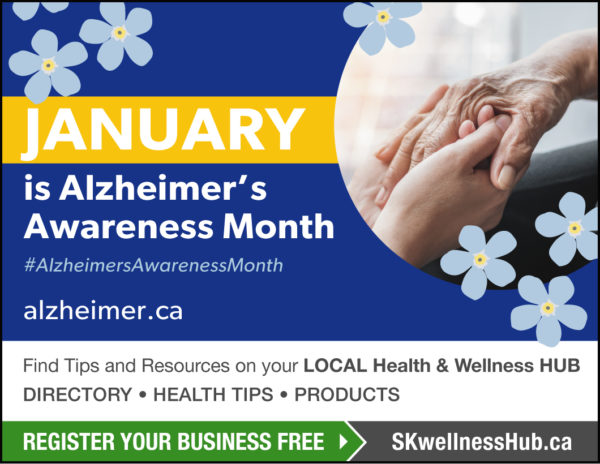(ACEs): Healing Through Connection
Many of us carry experiences from childhood that shaped who we are today — some positive, and some painful. When early experiences involve chronic stress, neglect, or abuse, they can have lasting effects on our health and well-being. These are called Adverse Childhood Experiences, or ACEs.
What Are ACEs?
ACEs are difficult or traumatic events that occur before the age of 18. They include experiences such as abuse, neglect, witnessing domestic violence, parental separation, or living with a parent who struggles with addiction or mental illness.
The term “ACEs” comes from a landmark 1990s study by the U.S. Centers for Disease Control and Kaiser Permanente, which followed over 17,000 adults for decades. Researchers discovered a strong link between childhood adversity and long-term health outcomes. The more ACEs a person experiences, the higher their risk for emotional, mental, and physical health challenges.
The Impact of ACEs
ACEs can affect the brain, body, and overall development. Chronic stress in childhood keeps the body in “survival mode,” altering brain development, hormone regulation, immune function, and even inflammation.
This can increase the risk for:
• Anxiety, depression, and difficulty with relationships
• Substance use or behavioral challenges
• Heart disease, diabetes, obesity, and other chronic conditions
ACEs can also affect parenting, making it harder to respond calmly or set boundaries, which can unintentionally pass patterns of stress to the next generation.
Healing Is Possible at Any Age
It’s important to know: ACEs are not a life sentence. While early experiences shape us, healing is possible throughout life. Positive experiences can counterbalance the effects of trauma at any age. These include:
• Safe, trusting relationships with friends, family, or mentors
• Feeling seen, understood, and valued
• Connection to community, learning, and creative expression
• Supportive environments where we can relax, play, or reflect
Counselling can be a helpful route, but it’s not the only one. Connection and belonging are at the heart of healing. Feeling understood and supported can repair stress patterns, strengthen resilience, and foster hope — whether we are children, teens, or adults.
Moving Forward
Understanding ACEs is about awareness and opportunity, not blame. By recognizing how early experiences shape us, we can take steps to nurture our own healing and create healthier relationships — for ourselves, our children, and our community.
At Moose Jaw Family Services, we focus on helping people of all ages find connection, understanding, and belonging — the foundation of recovery and growth. Through counselling, mentorship, community support, or simply building strong relationships, every individual has the power to heal, thrive, and break the cycle of adversity.



